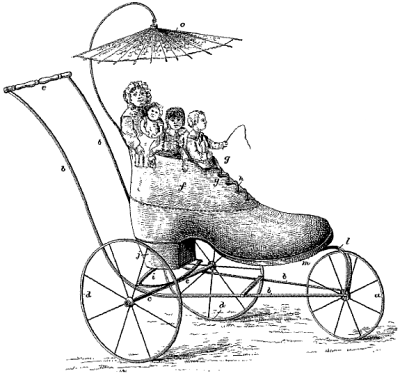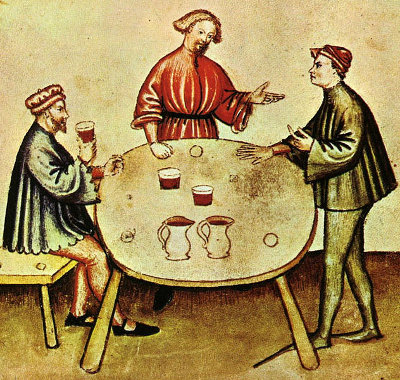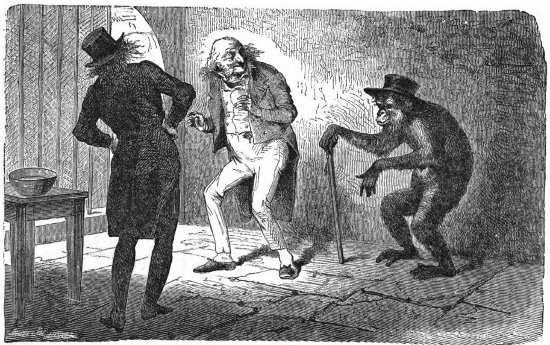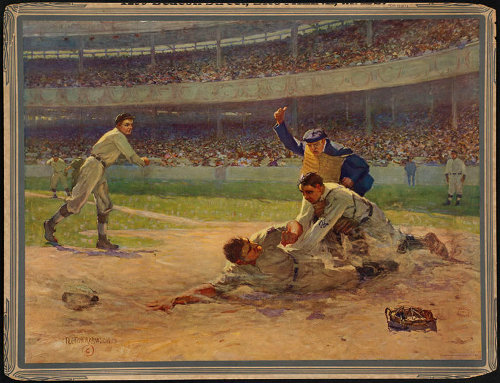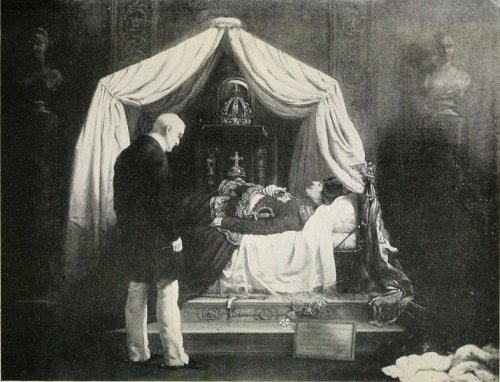
The Duke of Wellington contemplates a wax model of the dead Napoleon at Madame Tussaud’s in London. Wellington was one of the exhibition’s first visitors, and this was one of his favorite figures.
Napoleon and Wellington were both born in 1769, and each had four brothers and three sisters. Each was educated at a French military academy, speaking French as a second language, and each lost his father during adolescence. In 1796 Napoleon changed his surname from Buonaparte to Bonaparte; in 1798 Wellington changed his surname from Wesley to Wellesley. Both admired Hannibal above all other military heroes and gave special attention to topography in making war. Both took Caesar’s Commentaries on campaign. Napoleon saw his first action at Toulon in 1793, Wellington in Holland almost precisely a year later. They shared two mistresses, and Wellington’s brother married Napoleon’s brother’s ex-wife’s sister-in-law. Each man received a great early opportunity through the intercession of his brother, and each came to prominence fighting on a peninsula.
“But there the similarities cease,” writes Andrew Roberts in Napoleon and Wellington (2001). “For by the time Wellington gained his first European command of any great note, in Portugal in 1808, Napoleon was already master of the continent.”
When Wellington died in 1852, Tussaud’s successor created a wax figure intended to reflect his visits to the collection. So visitors to Tussaud’s saw the wax figure of a real man who was viewing the wax figure of a real man.
